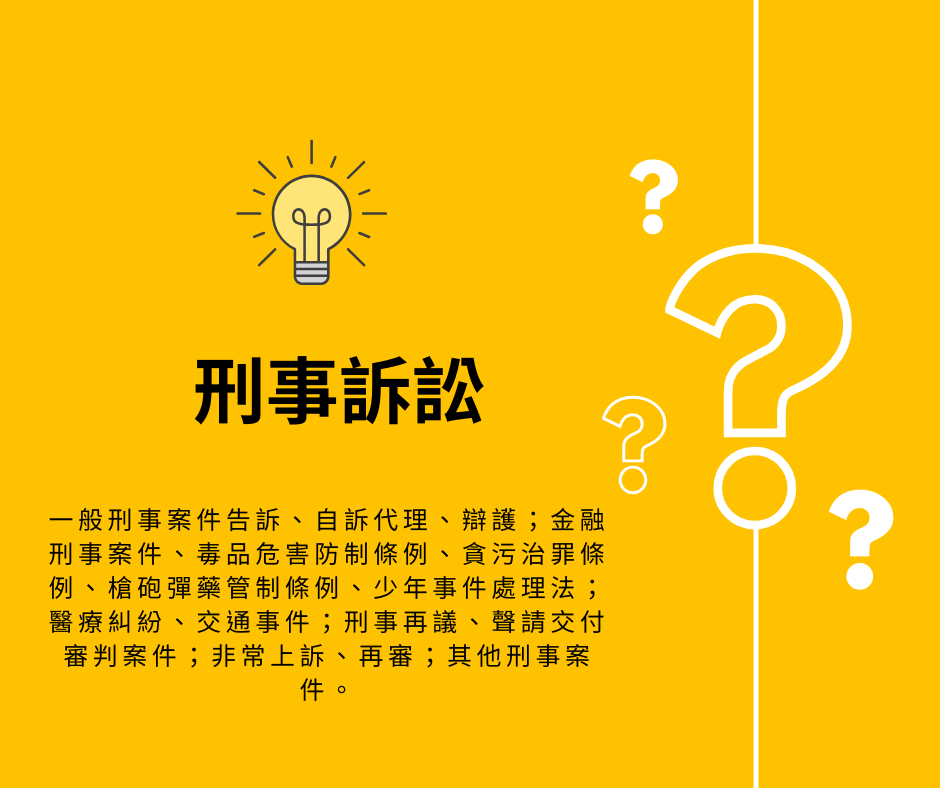文章分類Article
Fraud | Can Loans Lead to Lawsuits?! Beware of Loan Fraud Traps!

In times of economic downturn, when income is unstable and unexpected events or large expenses arise, many people, finding themselves short of money, consider loans as a solution to their immediate troubles. Unexpectedly, after finding a loan company online, one day you might discover your bank account has been flagged, followed by a call from the police informing you that you have become a defendant in a fraud case! What are the tactics of loan fraud, and what should you do if you encounter such a trap?
Loan Fraud - Decoding Scam Tactics
- Scam groups often advertise on Facebook or single-page websites like 'ID Card Loans - Urgent Money Needs - Lending Network', using the lure of easy, high-amount loans to attract people with loan needs.
- Once someone contacts them, the handler will ask the person to add them as a friend on LINE or other communication platforms like Telegram for further communication.
- They use the excuse of needing to beautify the cash flow in the account to make it easier for banks to lend money, asking people to provide their account for 'creating a good-looking financial record' into which they will transfer money. They then ask the people to confirm receipt of the funds before helping to transfer the amount out or hand it over to relevant personnel. (See any problem here? Yes, this is money laundering!)
- While these actions are underway, the scam group uses other fraudulent means to deceive a third-party victim into transferring money into the account, enticing the person to then pass it on to the criminals. When the third party realizes they have been scammed and reports it, a series of events follow—people receive notifications from the bank that their account has been flagged, and the police call them in for questioning.
Practical Experience of Our Firm
Scam tactics evolve constantly, and despite widespread awareness campaigns by the government and financial institutions, and extensive media coverage, cases of people being scammed continue to emerge. Victims often include highly educated individuals, those with substantial incomes, or those with considerable social experience. The reasons for being scammed can sometimes be quite extraordinary. Legal professionals (judges, prosecutors, lawyers) often experience situations prosecutors assume that those who hand over their bank accounts and ATM cards should have been equally alert and would have foreseen the illegal activities of the scam group, thus prosecuting even the victims. Our firm believes that ordinary people can be misled by scammers into making significant transfers of wealth, and it is not hard to imagine that the same could happen with bank account holders being deceived into handing over their ATM cards and PINs.
In society, there are inherent risks, and if people are expected to be 100% sure that their actions carry no risk of aiding a crime, not only is this an unreasonable demand, but it also makes social interactions difficult, particularly affecting the less privileged sections of society. These individuals may not have a high level of education, making it harder for them to see through the traps set by criminals, or they may be economically disadvantaged and often rejected by mainstream financial avenues (like banks or family), forcing them to opt for less desirable solutions for their financial needs. Since current criminal law only punishes those who intentionally aid criminals, overlooking those who act without reasonable grounds for their misplaced trust, although they might be liable for civil damages due to negligence, they ultimately should not be criminally prosecuted.
After reviewing the transaction details of the clients' accounts and explaining these to the prosecutor, and presenting relevant evidence during the investigation, our firm successfully convinced the prosecutor to the charges and unfreeze the accounts. Therefore, those involved in such cases must seek legal counsel and patiently and effectively defend themselves in investigative hearings to avoid being treated as accomplices in fraud and to counter common dismissive remarks like 'Every person who comes here claims they are innocent,' 'Why didn't you approach a bank for a loan instead of going online—how can I believe you?' or 'Why were you scammed, but not me?
Reference:Chapter 32 of the Criminal Code: Crimes of Fraud, Breach of Trust, and Usury